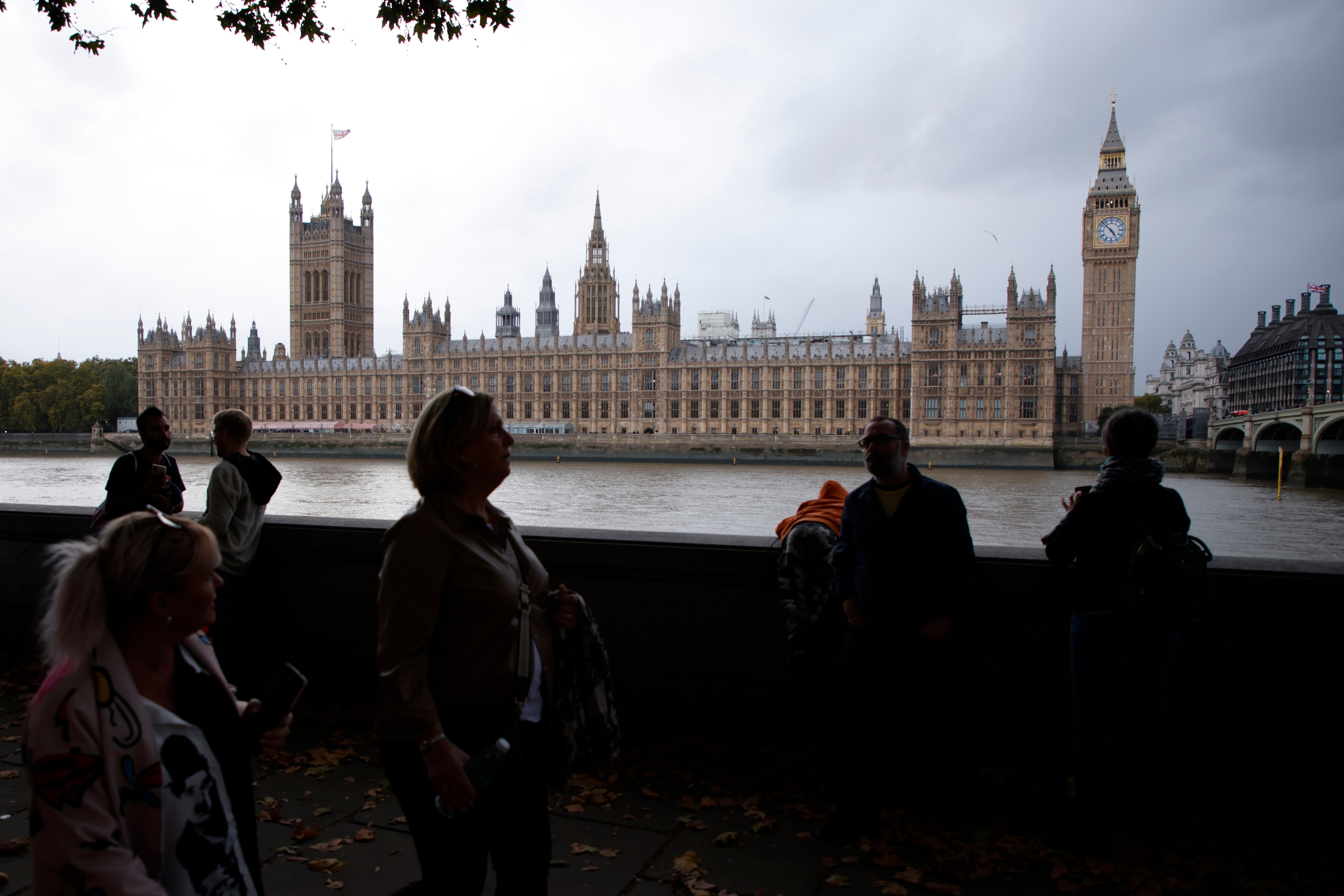UK says Russia's intelligence service behind sustained attempts to meddle in British democracy
Britain's government says Russia’s intelligence services have targeted high-profile British politicians, civil servants and journalists with cyberespionage and “malicious cyberactivity” as part of sustained attempts to interfere in U.K. political processes

Russia's intelligence services targeted high-profile British politicians, civil servants and journalists with cyberespionage and “malicious cyberactivity” as part of sustained attempts to interfere in U.K. political processes, Britain's government said Thursday.
The Foreign Office said Russia's FSB agency was responsible for a range of cyberespionage operations in the U.K., including targeting British parliamentarians from multiple parties from at least 2015 through to this year and selectively leaking and amplifying sensitive information to serve Russian interests.
Foreign Office minister Leo Docherty told lawmakers that a cybergroup known as “Star Blizzard" or Callisto Group, which British cybersecurity officials believe to be “almost certainly subordinate” to an FSB unit, created false identities to impersonate legitimate contacts and then delivered a malicious link to victims.
“They have been targeting high-profile individuals and entities with a clear intent –- using information they obtain to meddle in British politics," Docherty said.
“The targeting of this group is not limited to politicians but public-facing figures and institutions of all types,” he added. “We have seen impersonation and attempts to compromise email accounts in the public sector, universities, media, NGOs and wider civil society.”
Authorities said the group was responsible for the 2018 hacking of the Institute for Statecraft, a U.K. think tank that worked on defending democracy against disinformation, and the leaking of U.S.-U.K. trade documents ahead of the 2019 British general election.
The goal was to “undermine trust in politics in the U.K. and likeminded states," the government said.
The Foreign Office said that “while some attacks resulted in documents being leaked, attempts to interfere with U.K. politics and democracy have not been successful.”
It said the U.K. on Thursday imposed sanctions on Ruslan Aleksandrovich Peretyatko, a FSB intelligence officer, and Andrey Stanislavovich Korinets, a member of Star Blizzard, for involvement in the so-called spear-phishing operations.
The Russian ambassador to the U.K. was also summoned to express Britain's concerns over the interference, the Foreign Office said.
“Russia’s attempts to interfere in U.K. politics are completely unacceptable and seek to threaten our democratic processes," Foreign Secretary David Cameron said in a statement. “Despite their repeated efforts, they have failed.”
Asked whether British officials have uncovered the full extent of the cyber interference, Docherty said he was confident but stressed that officials will continue to be vigilant ahead of U.K. general elections next year.
Bookmark popover
Removed from bookmarks